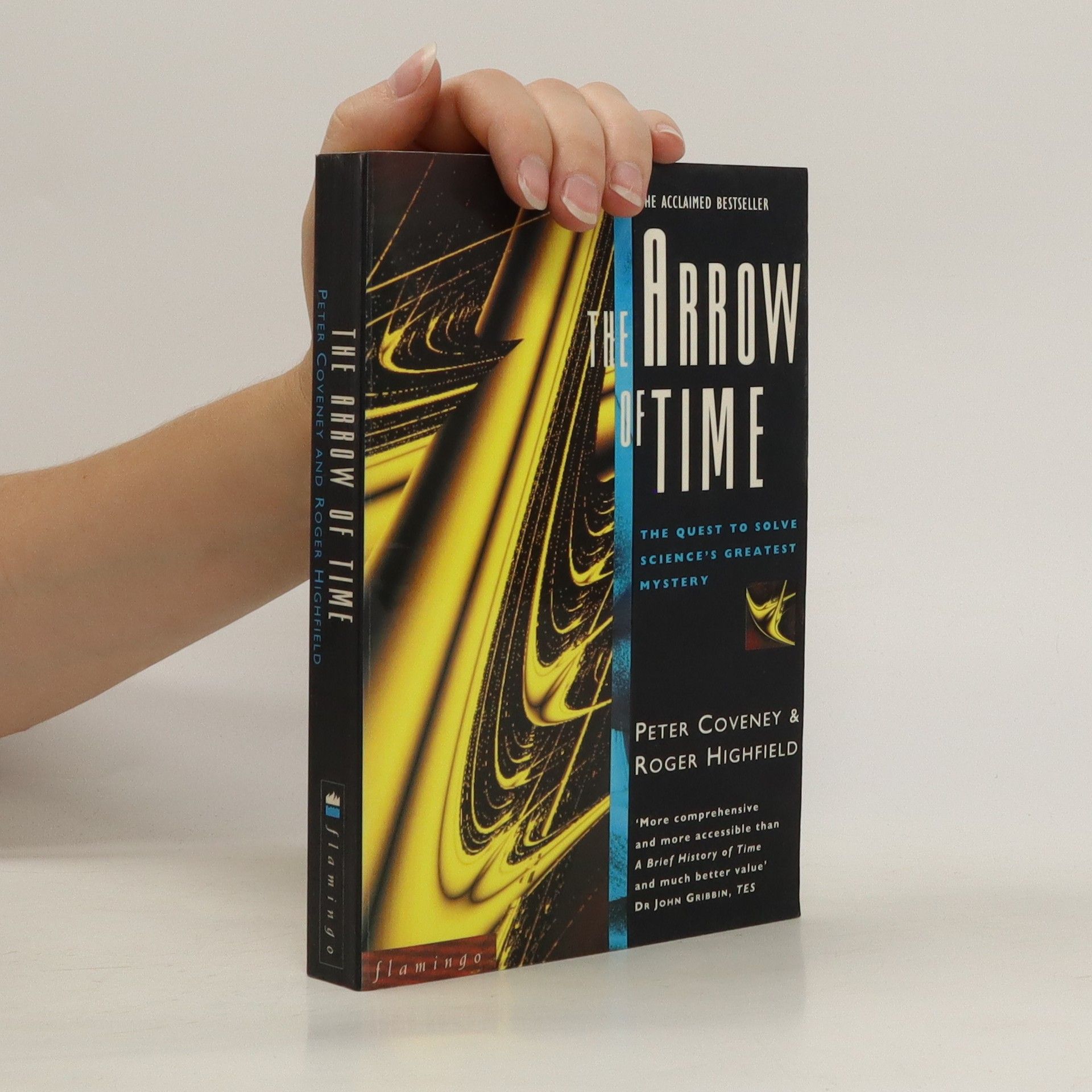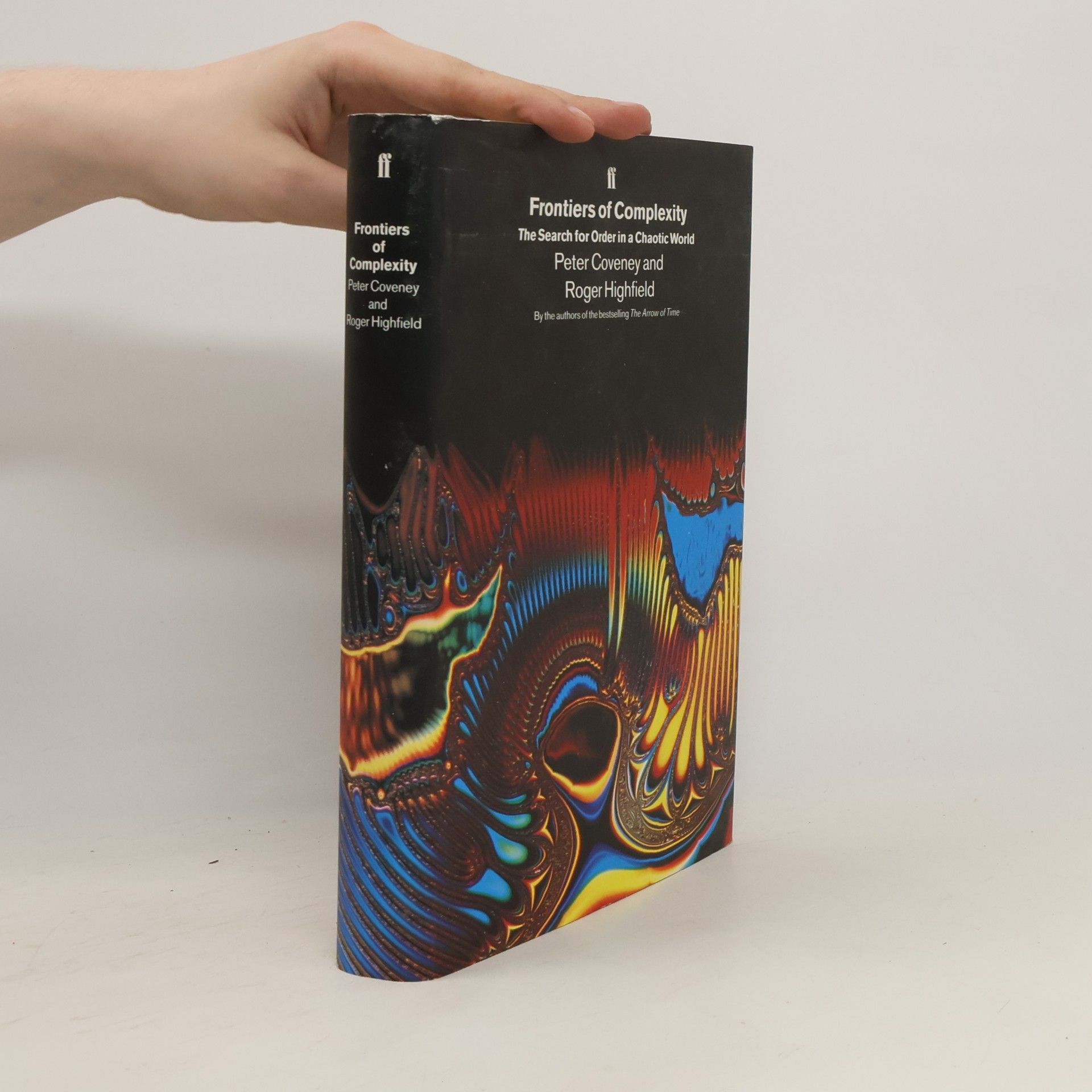Stephen Hawking Genius at Work
- 240 pages
- 9 hours of reading
The book offers an unprecedented look into Stephen Hawking's office, showcasing the unique collection of his seminal papers, personal items, and curiosities. Through this remarkable acquisition by The Science Museum in 2021, readers gain insights into Hawking's groundbreaking theories and a deeper understanding of his life and work, highlighting his significance as one of the greatest minds in modern science.









